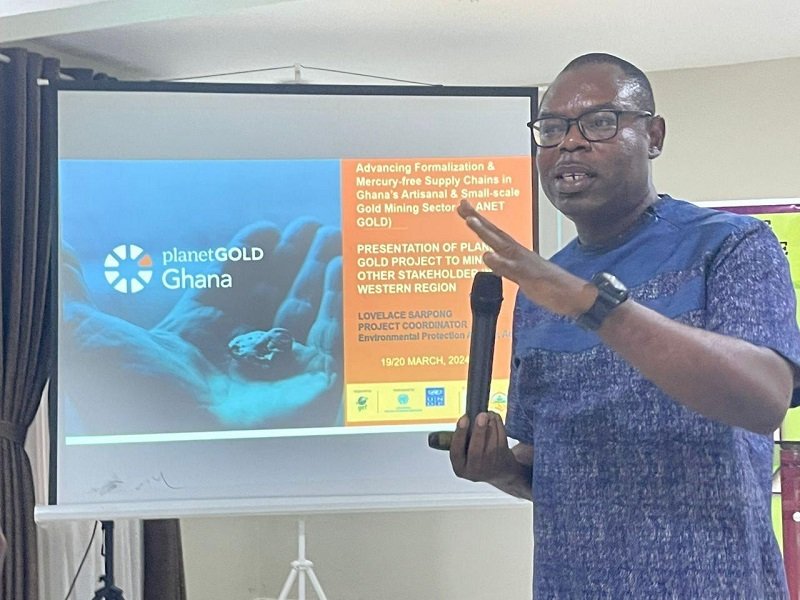Hot!
Hughton’s clock ticking (Part 1)

Chris Hughton
It is becoming increasingly difficult to be involved in conversations over the performance of Ghana’s Black Stars without playing the blame game.
In fact, being and remaining a fan of the national senior team has become a Herculean task which weight is beginning to weigh on the shoulders of fans.
Those that can no longer bear the pain and constant disappointment have called it quit, preferring to stay in neutral corners and ask of results of their matches.
A lot of fans have taken that difficult decision to stop supporting the Black Stars for many reasons – bordering on player selection, the team’s administrators, the technical team, avoiding heartbreaks and many other reasons.
It is a painful decision because it feels like whatever grievances they express just hang around the neck; it gets nowhere near the corridors of power as far as the game’s administration was concerned, let alone to be considered.
The aches and suffering notwithstanding, there remain a few faithful to the Black Stars course.
Theirs have been that one day the expected changes they crave for or wish to see would happen. For this group of people, their consolation appears to be a frequent diagnosis of the Black Stars ‘ailment’ match after match and suggest ways of addressing them.
A senior colleague at work,
Alhaji Salifu Abdul-Rahaman, is one of such loyal fans of the Black Stars I know. He’ll wear his Black Stars replica jersey on any day or time to show his support for the team while we wonder what keeps him going.
If the team plays on a Saturday, one can bet to see him in his replica jersey the following day to work. We refer to the Black Stars as ‘Alhaji’s team.’
What is left for such loyal fans is the recurrent post-match analysis that ends up in blame games, that is, identifying problems that contributed to the team’s woeful display and blame players and coaches for that.
He shared with me an interesting observation on one of the social media platforms where a fan expressed indignation at Baba Rahman for being at fault for the first of the four goals the USA scored against Ghana in the latest international friendly match played in the wee hours of Wednesday.
Amusingly, Baba Rahman was nowhere near the team that suffered the back-to-back defeats of the Black Stars by the USA and Mexico, two games Ghana registered just a single shot on target.
Obviously, this may be a fan that had missed the lineup but assumed most of the blunders at the back of the team could be associated with the defender.
He is not the only player or victim to have suffered from such imaginative assessment. Andre Ayew has been one and even his brother Jordan.
When they are featured and results do not go in the team’s favour, then they become the scapegoats.
When the team performs, then fans understand the need to have experience players in the team.
The coaches are also not spared or isolated from the blame for the choices of players selected for particular games like it happened after the USA match when a fan described the players as mediocre.
This has been the trend for some time now anytime the Black Stars are involved in a game; and it does not look like ending now, at least until the GFA and the Black Stars get their acts right.
By Andrew Nortey
Hot!
Youth urged to take proactive stance on ozone depletion

•Mr Joseph Amankwah, first counting from, some officials from EPA and UNDP in group picture with the student
Mr Joseph Amankwah, the Director of Ozone Layer and Climate Change at the Environmental Protection Agency (EPA), has urged the youth to take a proactive stance on issues related to ozone depletion, emphasising that their future would be most affected by its consequences.
Speaking during a student engagement event at the Ghana Secondary School (GHANASS) in Koforidua, he highlighted the critical role young people played in tackling climate-related challenges.
Mr Amankwah explained that human activities, such as the use of certain chemicals, were significantly contributing to the depletion of the ozone layer and driving climate change.
He said it was important to educate the youth on these issues, encouraging them to share this knowledge with their families to foster a broader understanding and active participation in climate action.
He urged the education sector to integrate lessons on the ozone layer, the causes of its depletion, and its links to climate change into the curriculum.
The event, organised by the EPA in collaboration with the United Nations Development Programme (UNDP), was designed to foster environmental awareness and promote a sense of responsibility among young people.
Mr Amankwah noted that ozone layer depletion was affecting everyone, including children, as it alters weather patterns and threatens the natural environment.
He highlighted the need for young people to develop ‘green skills’ to adapt to the challenges of climate change and to understand ways to combat it.
He added that World Ozone Day, observed every September, would focus on youth engagement in environmental issues, to help them understand the long-term consequences of ozone depletion and climate change.
Mr Amankwah also discussed the harmful impact of chlorofluorocarbons (CFCs), a major chemical contributor to ozone depletion.
He explained that household appliances such as refrigerators and air conditioners were common sources of CFC emissions in Ghana.
Many uncertified technicians work on these appliances, often releasing harmful chemicals into the atmosphere due to improper handling, he noted.
To address this, he urged appliance repairers to obtain proper certification and training, emphasising that unqualified repairs not only harm the environment but also endangered public health.
From Ama Tekyiwaa Ampadu Agyeman,
Koforidua
Hot!
Small-scale miners schooled on health hazards of mining with mercury

Mr Lovelace Sarpong (right) addressing the participants
Some Artisanal and Small-Scale Miners in the Ashanti and Central regions have been sensitised on the potential health dangers humans are exposed to with the use of mercury in gold processing.
The sensitisation which was organised by PlanetGOLD Ghana project was to raise awareness about the negative impacts on the use of mercury in mining activities.

According to the PlanetGOLD Ghana Project Coordinator, Mr Lovelace Sarpong, the use of mercury in artisanal small-scale mining pose health challenges that affects the nervous, digestive and immune systems, lungs and kidneys; and may be fatal.
Some Metropolitan, Municipal, and District Assemblies (MMDAs) that benefited from the exercise were Amansie Central, Asante Akim North, Amansie South, Amansie West, Bekwai, and Adansi North in the Ashanti Region, and Upper Denkyira East (Dunkwa-on-Offin) and Upper Denkyira West (Diaso) in the Central Region.
Additionally, he said inorganic salts of mercury were corrosive to the skin, eyes and gastrointestinal tract, and may induce kidney toxicity if ingested.
He stated that the PlanetGOLD Project has conducted several initiatives to raise awareness on reducing mercury exposure among artisanal and small-scale gold mining actors in the country.
It was to promote mercury-free mining practices in line with Ghana’s obligations under the Minamata Convention on Mercury, support the formalisation of the ASGM sector while advocating the adoption of the CRAFT Code and responsible supply chains, and raise awareness on the availability of mercury-free alternatives.
The Environmental Protection Agency (EPA) Area Head for Konongo, Mr Dawood Abbas, underscored the importance of government’s environmental regulations and EPA’s role in ensuring compliance within the ASGM sector.
He encouraged miners to prioritise environmental stewardship to gain community trust and secure a Social License to Operate (SLO) and reaffirmed the Agency’s commitment to enforce its commitments under the Minamata Convention.
BY Cecilia Lagba Yada







